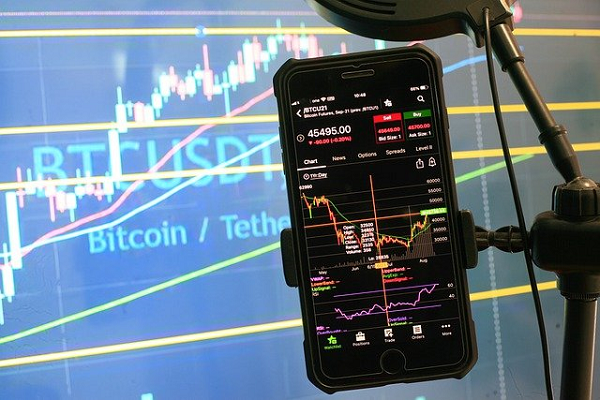An insider is an individual who has either admittance to significant non-public data about a partnership or responsibility for approaching over 10% of an association’s value. This makes an organization’s directors and undeniable level leaders insiders.

KEY TAKEAWAYS
- An insider is somebody with one or the other admittance to important non-public data about an organization or responsibility for approaching over 10% of a company’s value.
- Insiders are legitimately allowed to trade shares, yet the transactions should be enlisted with the SEC.
- Legal insider exchanging happens regularly, for example, when a CEO repurchases organization shares, or when representatives purchase stock in the organization where they work.
- Illegal utilization of non-public material data is for the most part utilized for benefit.
- The SEC screens illegal insider trading by taking a gander at exchanging volumes, which increment when there is no news delivered by or about the organization.
Understanding Insider Trading
Legal Insider Trading
Insiders are lawfully allowed to trade portions of the firm and any auxiliaries that utilize them. In any case, these exchanges should be appropriately enlisted with the Securities and Exchange Commission (SEC) and are finished with advance filings. You can observe subtleties of this kind of insider exchange on the SEC’s EDGAR information base.
Legitimate insider trading happens regularly, for example, when a CEO repurchases shares of their organization, or when different representatives buy stock in the organization in which they work. Regularly, a CEO buying offers can impact the value development of the stock they own.
Illegal Insider Trading
The more scandalous type of insider trading is the illicit utilization of non-public material data for benefit. It’s important to remember that this should be possible by anybody including organization leaders, their companions, and family members, or simply a normal individual in the city, as long as the data isn’t freely known.
For instance, assume the CEO of a public firm accidentally reveals their organization’s quarterly profit while getting a hairstyle. Assuming the beautician takes this data and exchanges it, that is viewed as unlawful insider exchanging, and the SEC might make a move.
The SEC can screen illegal insider trading by taking a gander at the trading volumes of a specific stock. Volumes generally increment after material news is given to people in general, however, when no such data is given and volumes rise drastically, this can go about as a notice banner. The SEC then, at that point, researches to decide exactly who is answerable for the surprising exchanging and whether or not it was illicit.
Insider Trading versus Insider Information
Insider data is information on material connected with a public corporation that gives an unfair benefit to the dealer or financial backer. For instance, say the VP of an innovation organization’s designing division hears a gathering between the CEO and the CFO.
Fourteen days before the organization delivers its income, the CFO reveals to the CEO that the organization didn’t meet its business assumptions and lost cash over the past quarter. The VP of the designing office realizes their companion possesses portions of the organization and cautions the companion to sell their portions immediately and hope to open a short position.
